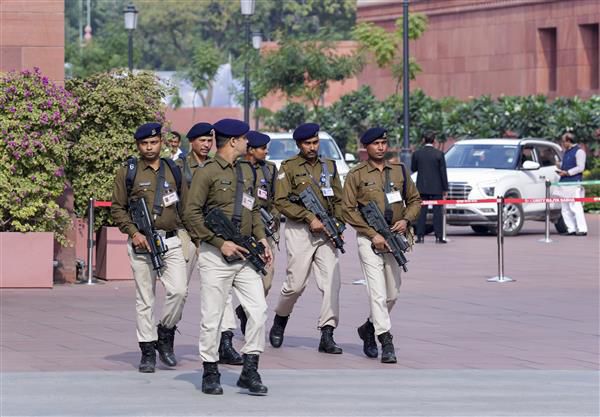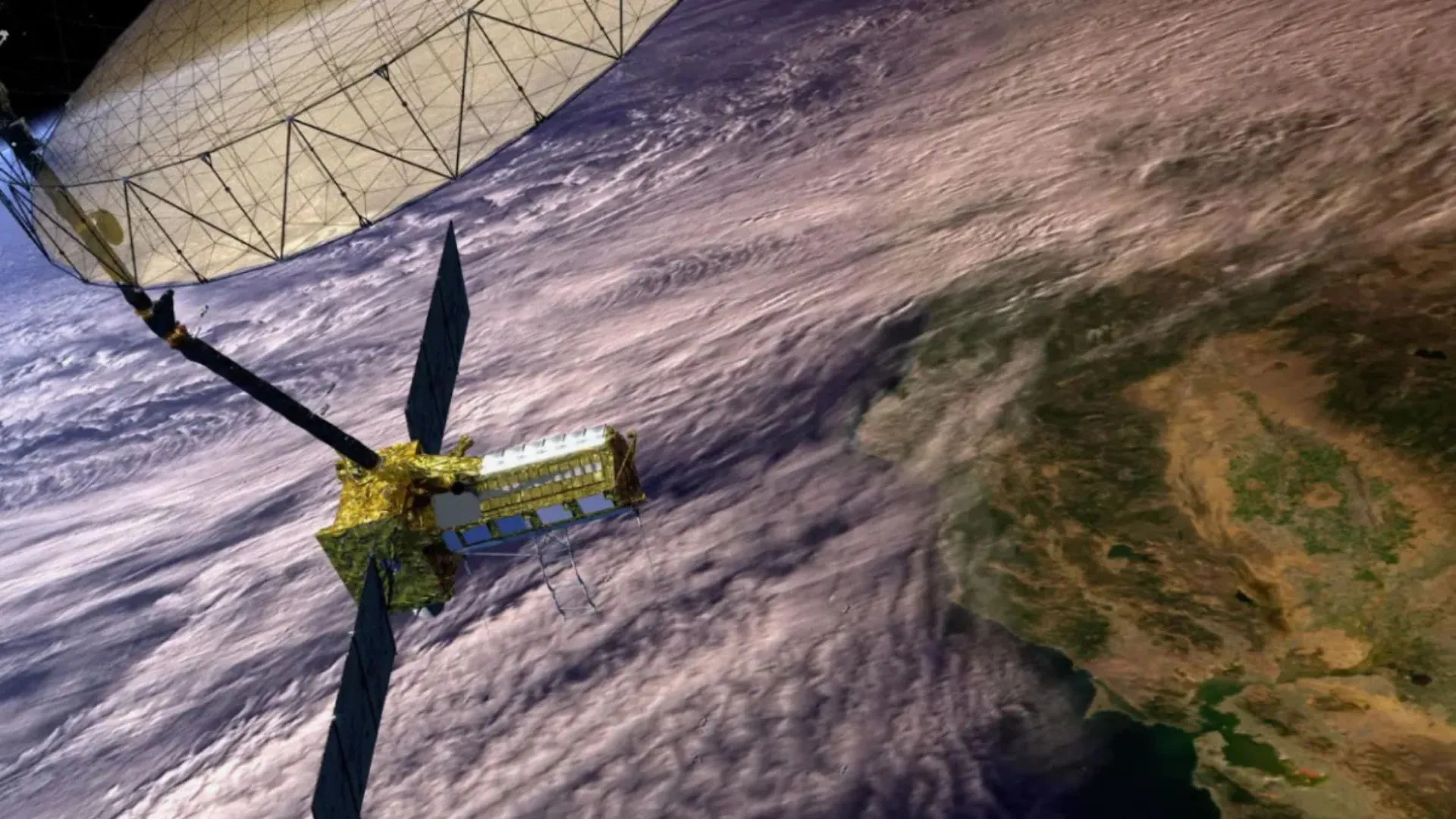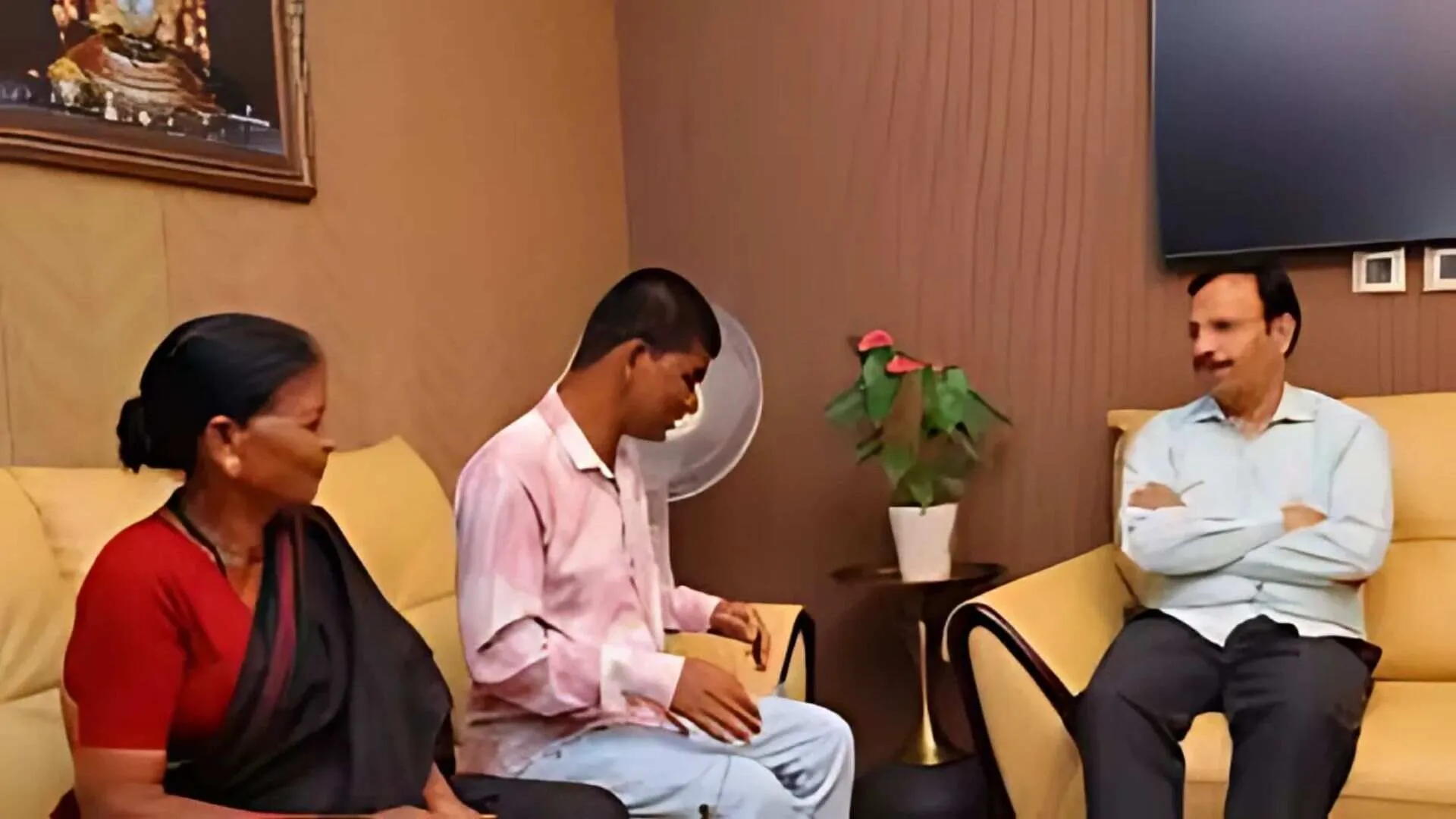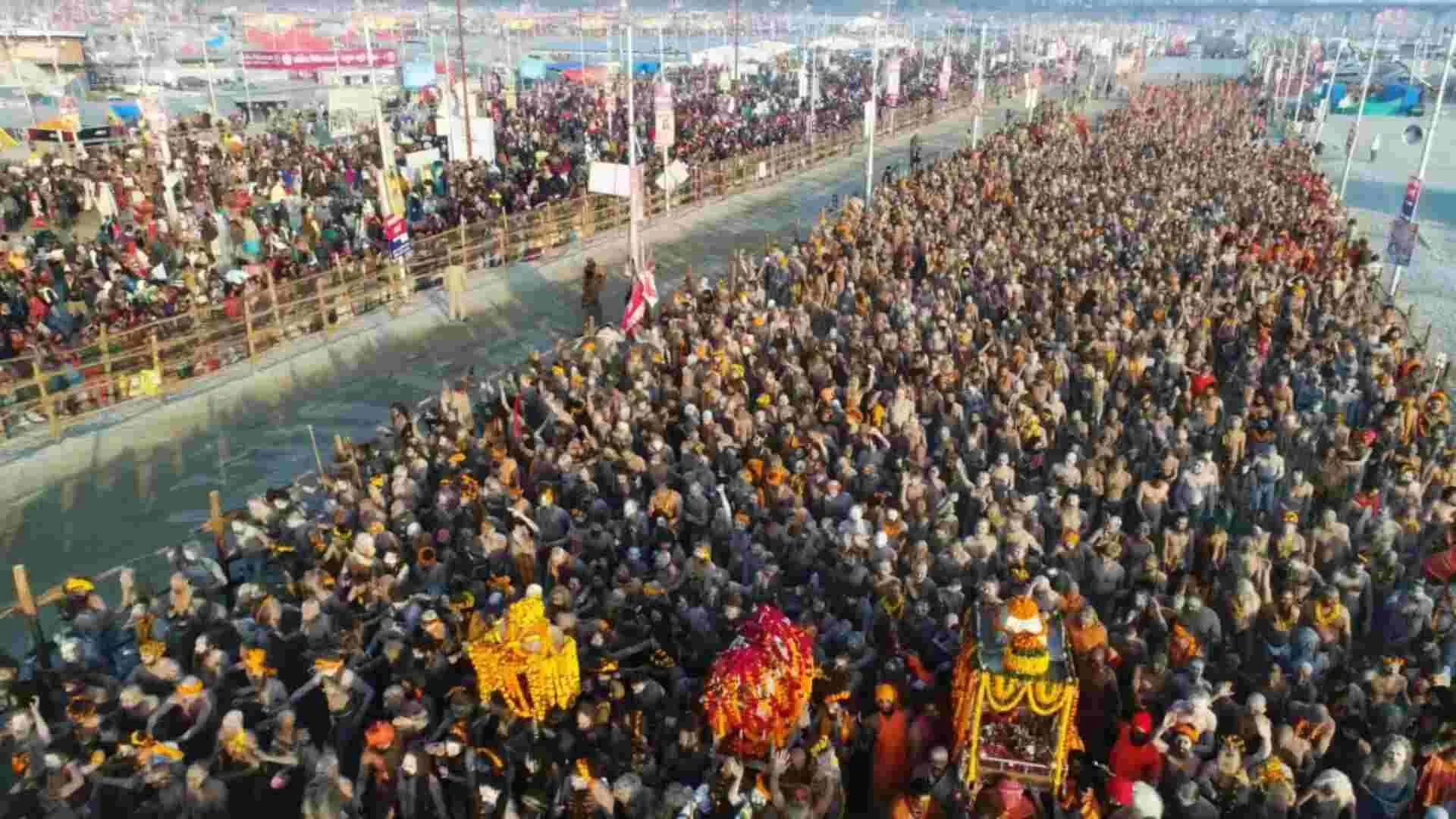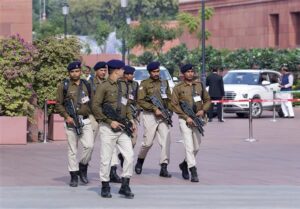The Central Industrial Security Force (CISF) will be deployed at the Parliament soon, so the familiarisation training of its 140 personnel has already started, officials said on Tuesday.
According to them, 140 CISF personnel are to take over the frisking of visitors and baggage at the entrance of the Parliament. “It is expected that the CISF may be deployed at the Parliament from the upcoming Budget Session beginning on January 31,” an official said.
With its fresh major deployment, the CISF would be the new entrant in Parliament security setup, given its proven expertise in access control, frisking, and scanning at airports across the country, Delhi Metro, and vital installations, including monuments with high footfall.
The development comes months after a serious security breach in Parliament that saw two people jump into the Lok Sabha chamber from the visitor’s gallery and pump yellow smoke from canisters packed in their shoes during the Winter Session of Parliament held in December last year. Eight security personnel were suspended over the incident.
Soon after the incident, the CISF was given “in principle” approval from the Ministry of Home Affairs to conduct a joint survey of Parliament premises and its buildings for “regular deployment” of CISF security and fire wings “on a comprehensive pattern.”
The CISF currently protects 358 establishments across the country and is also engaged in VIP security. It is also offering security consulting to various entities.
The final approval of the CISF security deployment plan and induction would come from the Lok Sabha secretariat, which oversees the security of Parliament premises. As of now, the security agencies involved in guarding Parliament are the Parliament Security Service, Delhi Police, the Central Reserve Police Force (CRPF), and the Parliament Duty Group.
Personnel from these individual agencies are on deputation to the Lok Sabha Secretariat.
The involvement of the CISF in managing access control, frisking, and screening of baggage and articles at airports, metros, and crowded public monuments suggests it is considered the most capable force for these tasks, though it’s not explicitly stated whether it will replace any existing agencies.
The CISF also has expertise with all the modern gadgets for access control and screening, for which a pressing need is being felt in the event of the December 13 security breach.
The CISF came into existence in 1969 to provide integrated security cover to certain sensitive public sector undertakings with a strength of only three battalions. The force has since grown into a premier multi-skilled organisation with a present strength of 1,77,075 personnel.
The CISF at present provides security cover to 358 establishments throughout the length and breadth of the country. The CISF also has its own fire wing, which provides services to 114 of the above establishments.
Currently, the CISF is also providing security cover at 68 airports.
The CISF security umbrella includes India’s most critical infrastructure facilities, like nuclear installations, space establishments, airports, seaports, and power plants.
In addition, the CISF also protects important government buildings, iconic heritage monuments, and the Delhi Metro.
The CISF also has a specialised VIP security vertical, providing round-the-clock security to important protectees.
After the Mumbai terror attack in November 2008, the mandate of the CISF was broadened to include providing security cover to private corporate establishments as well.
The CISF also provides security consulting services to private entities, and its services are much in demand. The CISF sets very high standards for itself, both in terms of the professional calibre of its personnel and in terms of adopting cutting-edge technology to enhance security.
The CISF is well equipped to successfully respond to any security threat, including terrorism. The hallmark of the force is to continuously evolve and reinvent itself to keep in tune with the changing security environment in the country.
The CISF is also the only Central Armed Police Force with a daily public interface–in the airports, in the Delhi Metro, and in the iconic monuments–and is hence very conscious of the requirement to balance security procedures with a people-friendly approach.
The CISF is committed to constantly upgrading its professional skills, and we welcome suggestions and feedback from the public as well as our clients to improve our services. (ANI)

